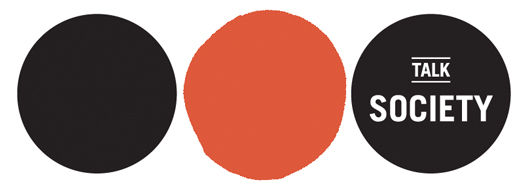
The Finnish Institute in London has released a new report on digital humanities and digital cultural heritage preservation. Digital Humanities and Future Archives, written by Sampo Viiri, draws an argument on how the higher education and the GLAM (galleries, libraries, archives, and museums) organisations could collaborate in digital humanities projects and also promote the development and use of open knowledge. The main focus areas of the survey are history research and archives in the UK and Finland.
Digital humanities, the intersection of digital technologies and humanities, involves the use of digital tools in research, teaching, scholarship and publication in humanities disciplines. In the United Kingdom, Finland and other countries there are interesting open data and open knowledge initiatives that aim at openness of science and research, and making culture heritage widely available online.
However, archivists and IT experts respectively have expressed their concerns on the so called digital dark age: a phenomenon where significant amount of important cultural heritage is lost due to rapid digitisation of information and lack of reliable long-term preservation methods.
How does this change influence humanities research and teaching and the preservation of cultural heritage?
The survey was conducted by going through recent literature and interviewing professionals associated with the field. Along with contemporary literature the report cites interesting projects from the respective countries in order to circulate good ideas and facilitate discussion in and between Finland, the United Kingdom, and Ireland.
The key findings of the survey are as follows:
• Access to digital content online has benefited researchers and can improve geographic and socioeconomic equality.
• Digital history may narrow the gap between academic and popular history, and increase cross-disciplinary and international collaboration.
• New digital tools have not yet changed most historians' research methods substantially but digital tools and methods should be included in history curriculum.
• Libraries, archives and universities see future digital preservation challenges similarly, which encourages further collaboration.
• Digitisation projects are work hour intensive and require new skills and attitudes.
• Private-public partnerships in the culture heritage sector are in many ways controversial but may offer opportunities for collaboration.
• Measuring the societal value of digital humanities is difficult but might be possible in the near future.The report can be downloaded here
